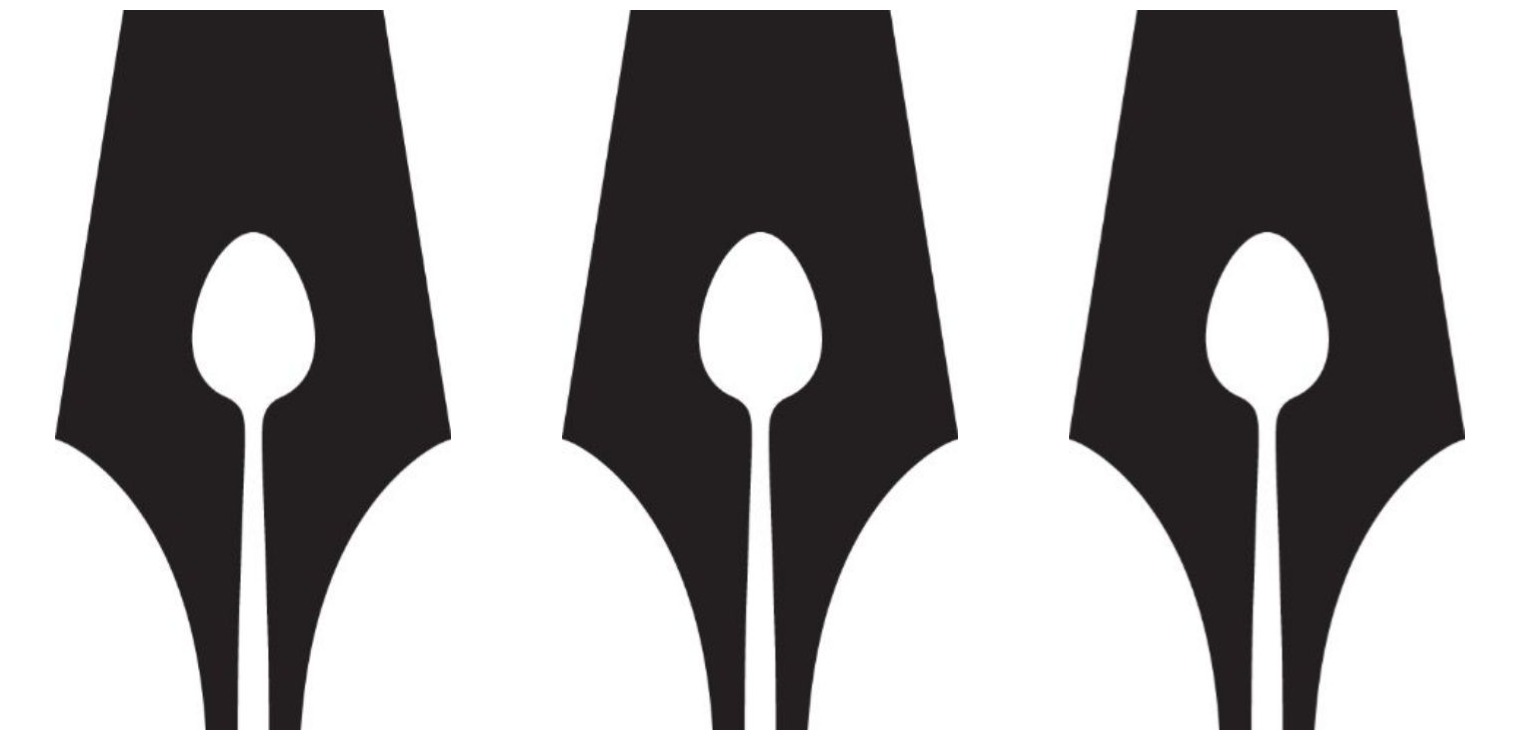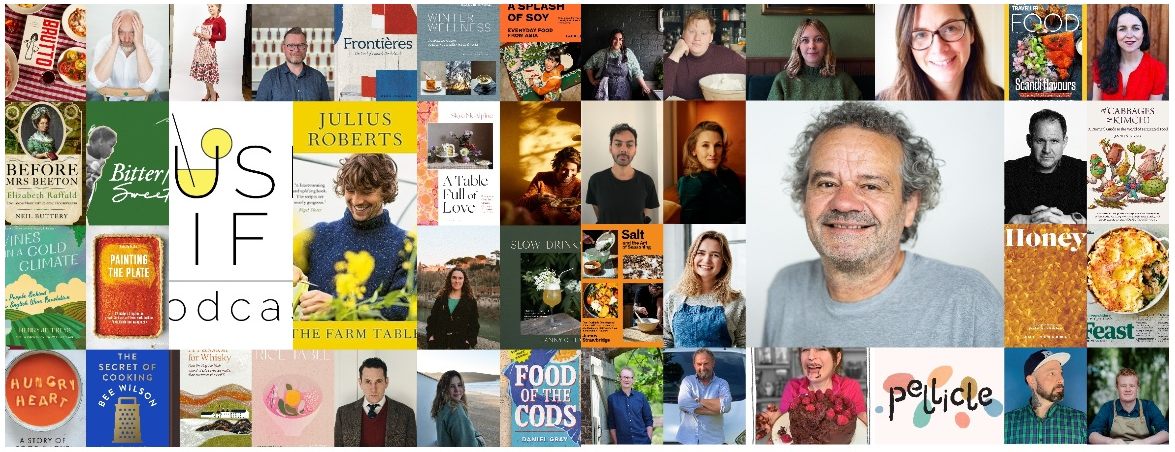Introduction to the Guild of Food Writers Mentorship Scheme
The Guild committee is pleased to launch the Guild of Food Writers Mentorship Scheme, giving less experienced writers the opportunity to learn from more experienced ones.
This document is intended to be a starting point for both mentors and mentees potentially interested in taking part. If after reading this you decide you would definitely like to be involved now or in the future, you will find the next step on the following page.
Definitions
Mentoring leads to individual and professional growth and development. The relationship is highly personal, intentional and creative. The mentor offers encouragemement, commitment, support and guidance to a mentee, who is less experienced, and wants to change in some way.
Good mentoring is based on good values, honesty and trust. The Guild has a great start in this because it is a well run, decent operation run by volunteers, for the good of the profession.
Why have a mentor?
It is the duty of a Guild to support and encourage its younger members, so that they develop skills and rise in the profession.
Many Guild members have years of experience and it is a great feeling to pass knowledge on to someone who is thirsty for it. As such, mentoring is a two-way relationship, rather than a straightforward transfer of information from mentor to mentee. It is generally regarded as useful and enjoyable for the mentor, as well as for the mentee.
Early in 2020, the Guild ran a pilot scheme, in which two mentors were paired with two mentees. One mentee reported back: ‘My mentor has given me some great direction, and nudged me to think in a different way.
‘I’m one of those people I guess that don’t need hand holding, just a gentle nudge to think in a different way and my mentor really helped me, I’m starting on my next book, and he helped me tweak the proposal to get this, so I’d say it’s been a huge help. He has been brilliant.’
Ground rules
- Guild mentorships last six months, with an option to renew for a further three or six if mentor and mentee wish. The plan is to run the first set of mentorships from January to June 2021, and the second set from July to December 2021, and so on.
- The Guild’s mentorship organisers keep all aspects of the scheme confidential, including who is mentoring and being mentored. It is entirely up to you whether you tell people about it, or keep it to yourselves, but please agree this up front to avoid any embarrassment.
- One delicate area is the sharing of contacts. If a mentor shares valuable personal contacts, he or she is putting him or herself on the line. The mentee should take special care to behave in a courteous and professional way (ie not mess things up for the mentor by proving unreliable, or flaky, or pushy, etc). If the mentee is looking to be introduced to the food writing world, the Guild’s Facebook Forum is the recommended pathway.
- Clash of interests: in the unlikely event mentor and mentee for some reason find themselves pitching for the same work – or if, in the swapping of ideas, they both find they want to pursue the same project – it immediately puts the mentorship in question. Again unlikely, but if they decide to work on a project together, that is outside the remit of mentorship and an agreement of who does what/profit share should be worked out independently.
- If either mentor or mentee wishes to stop at any time, for any reason, that is fine. Sometimes, it is just a question of chemistry. A frank conversation with your Mentorship Coordinator will ensure that this happens smoothly and without offence.
- At the end of the mentorship, both mentors and mentees will be asked to complete a confidential questionnaire, so that the Guild can learn from the experience, and make future mentorships even more fruitful.
How it works
Mentoring seems to work best if both parties are clear from the outset what they are trying to achieve and how the mentorship will be conducted.
- Try to be businesslike, by agreeing objectives and courses of action and seeing them out. Set deadlines and stick to them.
- Be sure at the outset what you’re trying to achieve. What changes does the mentee wish to make? Is it help with writing – or pitching/placing work – or getting contacts? Introduction to the food world? Or a mixture?
- Traditionally, mentors do not get involved in fee/pay matters. Similarly, it is not the job of mentors to rewrite/edit/polish up copy. Being realistic, mentors cannot hook you an agent, commission or publishing deal, but can put you in a better position to do so, and support you if you meet with rejection (which is, let’s face it, the norm).
- We recommend that mentors and mentees commit to a one-hour phone or video call once a month for six months.
- How this is structured is up to you, but a useful framework is: ‘What is the focus of this conversation?’ ‘What actions are we going to take?’ ‘What’ll be happening during the month ahead?’
- It is an excellent idea for each party to make a few notes from each meeting, not least to give a sense of progress and momentum.
- Our Mentorship Coordinator would appreciate being kept in the loop by both mentors and mentees, so please check in with her occasionally. She will, in any case, contact both parties after three months, to find out how things are going.
Your Mentorship Coordinator
Jenny Hammerton (jenny@silverscreensuppers.com) is your point of contact for every aspect of the mentorship scheme.
If you decide, after reading these notes, that this is something that you would like to be involved in, then please contact Jenny, specifying whether you are interested in mentoring or being mentored. She will send you back a brief questionnaire about the skills on offer (mentors) or what you hope to achieve (mentee).
Mentorships are individually organised and depend on who steps forward and whether the right match can be found, so please do not be disappointed if your name does not come up immediately. We also have a strict limit on how many mentorships we can run at any one time, so there may be a considerable wait. That being said, Jenny is always on hand to discuss your situation with you, if that is helpful.
Once mentor and mentee have been paired, Jenny will send a brief document introducing you both, including a few suggestions for how to get the ball rolling. She will remain on hand throughout the six months, and will contact you halfway through the mentorship, to check all is running smoothly. When the mentorship ends, she will send you both the closing questionnaire.
We hope you will decide to take part in this exciting and worthwhile Guild initiative.
Guild Mentorship Organisers
Gavin Wren
Jenny Hammerton
Orlando Murrin



